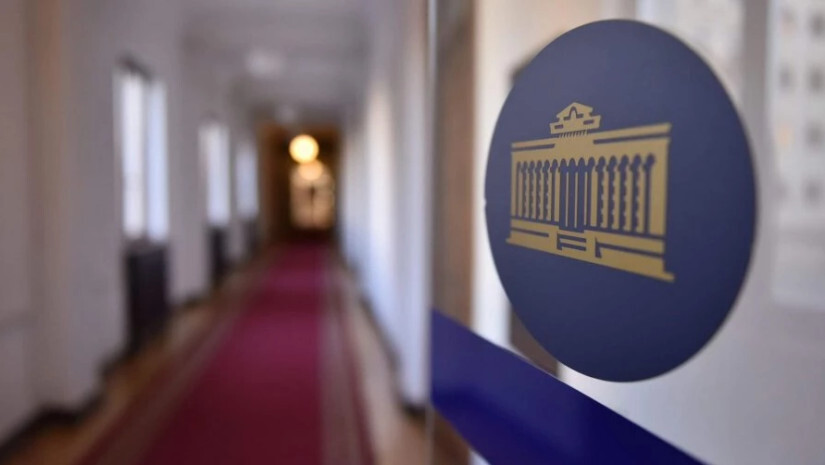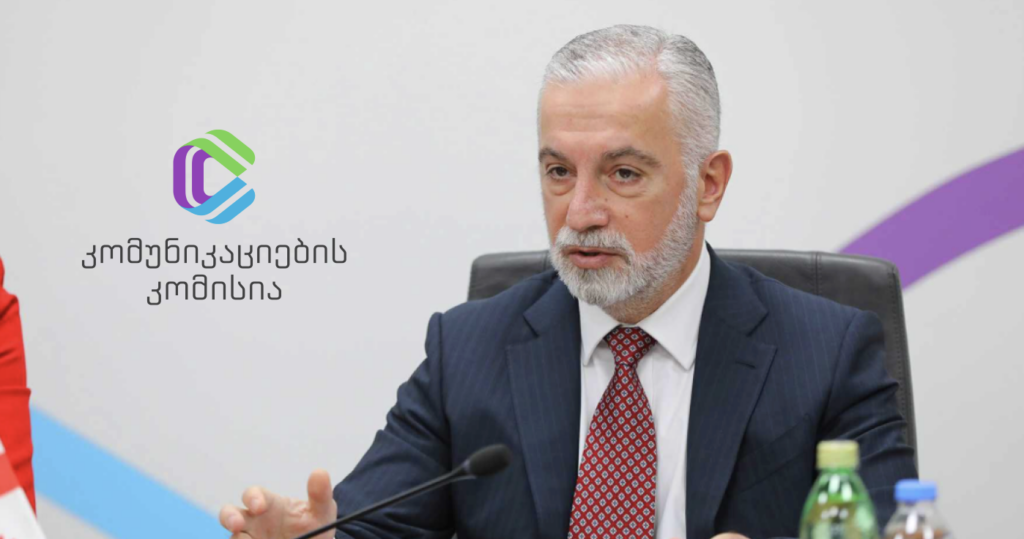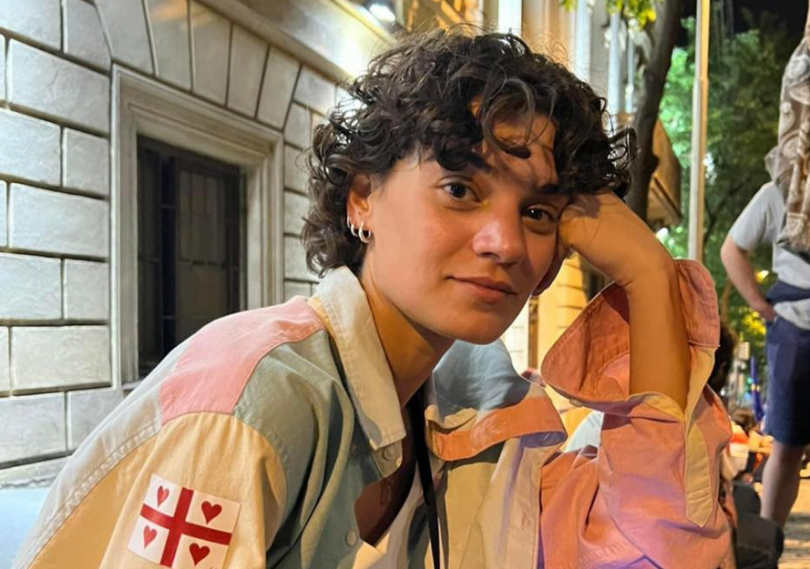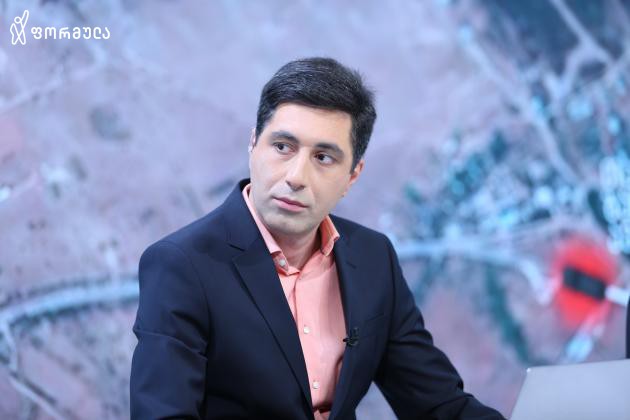The Media Advocacy Coalition once again reacts to the recent amendments to the Law on Broadcasting, which have expanded the mandate of the Communications Commission, in particular giving it the power to regulate hate speech and obscenity. The ruling party justified the adoption of these amendments on the grounds of harmonisation with EU legislation, but it did not take into account the recommendation of the EU Commissioner to consider the legal assessment of the Council of Europe. Further, the legislative process was not inclusive, with the authorities failing to ensure the involvement of the media and other interested parties. We believe that the new regulations carry risks of abuse of the law against critical media.
On 19 October 2023, the Georgian Parliament adopted amendments to the Law on Broadcasting. The review of the draft law was carried out at an accelerated pace. Initially, the amendments provided for the regulation of hate speech to be moved from self-regulation to regulation. But suddenly the regulation of obscenity was added to the bill. These amendments give the regulatory commission the right to identify a violation in media content and take corresponding action against it. This is a model of state regulation, as the regulatory commission is an administrative body.
The Media Advocacy Coalition has followed the process of legislative harmonisation from day one. Within the scope of its mandate and competence, it has actively supported European integration and spared no effort to develop the principles modelled on the European legislation, such as effective mechanisms shared by broad consensus. In order to harmonise the Law on Broadcasting with the legislation of the European Union, several drafts have been prepared in recent years, regulating, among other things, hate speech. The Audiovisual Media Services Directive recognises various methods of regulating hate speech, including state regulation and effective co-regulation models. Taking into account the fact that state institutions in Georgia are captured and the ruling party has sweeping influence on the decision-making process in state institutions, including the regulatory authority, the Coalition actively supported the introduction of effective co-regulation mechanism. Although the Communications Commission is required by law to operate independently, it has made a number of politically motivated decisions aimed at harassing critical media.
The Coalition held a series of meetings with broadcasters with different editorial policies in order to reach a broad consensus in the spirit of the European Directive and to develop a co-regulatory model that would effectively combat hate speech. As a result of this process, an alternative bill was drafted last year that was submitted to the Parliament through MP Tamar Kordzaia, but the majority group in the Parliament did not consider it. On 22 December 2022, the ruling party passed the law without consulting the media and civil society representatives. Importantly, the Council of Europe’s independent experts fully shared the concerns of the media and civil society about the possible political bias of the regulatory body when evaluating the law. Accordingly, they recommended the introduction of effective co-regulation mechanism in Georgia to address the problem of hate speech.
In the summer of 2023, the Law on Broadcasting was again amended, taking into account some of the recommendations made by the independent experts of the Council of Europe. The Media Advocacy Coalition welcomed these amendments, which returned hate speech to self-regulation, i.e. regulation by the media itself, but immediately stated that the amendment was insufficient and that in order to create an effective mechanism, it was necessary for the Regulatory Commission, together with the media and the civil sector, to develop an effective co-regulatory model. It should be noted that the authorities did not take into account the assessment of the European Commissioner for Neighbourhood and Enlargement, Olivér Várhelyi to amend the Law on Broadcasting in accordance with the legal assessment of the Council of Europe.
Despite these calls, the Regulatory Commission has not taken steps to create an effective co-regulatory mechanism. Media co-regulation, in its own part, also envisages a regulatory framework in which self-regulation and oversight of the media industry is done by other external bodies, such as the regulatory body. Co-regulation aims to strike a balance between industry autonomy and the public interest, promoting responsible and ethical media practices while safeguarding freedom of expression.
But this time, the hate speech bill was introduced without public debate or consultation, and the obscenity bill was added later. During the Parliamentary Committee hearing, Coalition representatives were not given an answer as to why an effective co-regulatory mechanism was not developed or why the process was not inclusive.
The Coalition fully supports the process of Georgia’s integration into the European Union. We believe that a free and independent European-style media and regulatory body are essential for a democratic society. Despite the stated claim that the current changes have been made within the frames of EU recommendations, the model of state regulation chosen by the ruling party poses serious risks and challenges. In particular, there is a great risk that it will be used to restrict critical media in Georgia.
The Media Advocacy Coalition will continue to actively monitor the media environment and investigate all cases of hate speech and/or obscenity. The Coalition calls on the regulatory commission to develop guidelines, in line with international best practice, to define what constitutes hate speech and obscenity and how to guide the media in interpreting and applying the legislation. The Coalition stands ready to participate actively in this process.
We call on the authorities to ensure a media environment in which broadcasters are not punished for independent and critical editorial policies. The unfair media environment damages both the pluralistic environment in Georgia and creates a serious obstacle for our country on the road to European integration.



